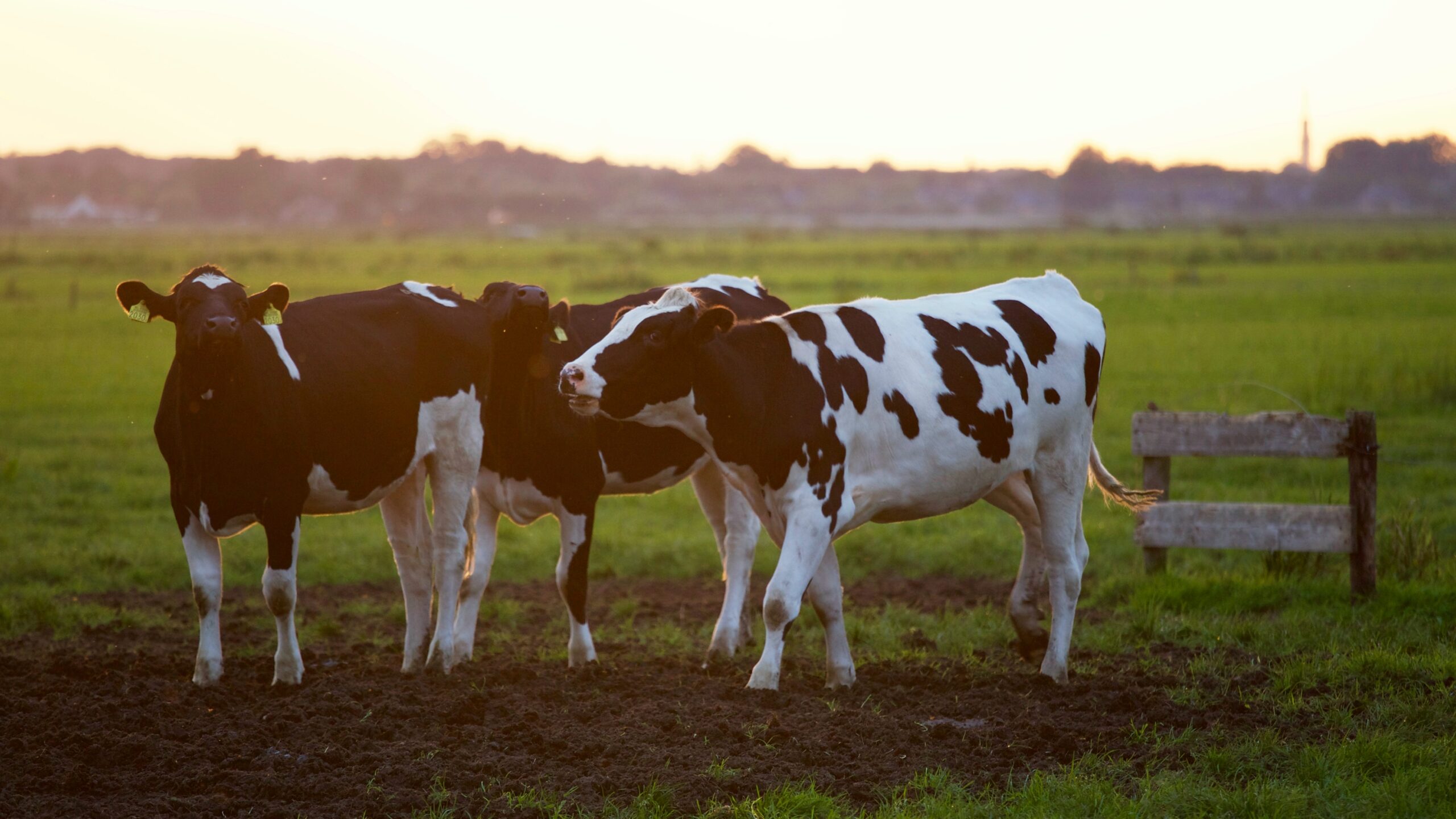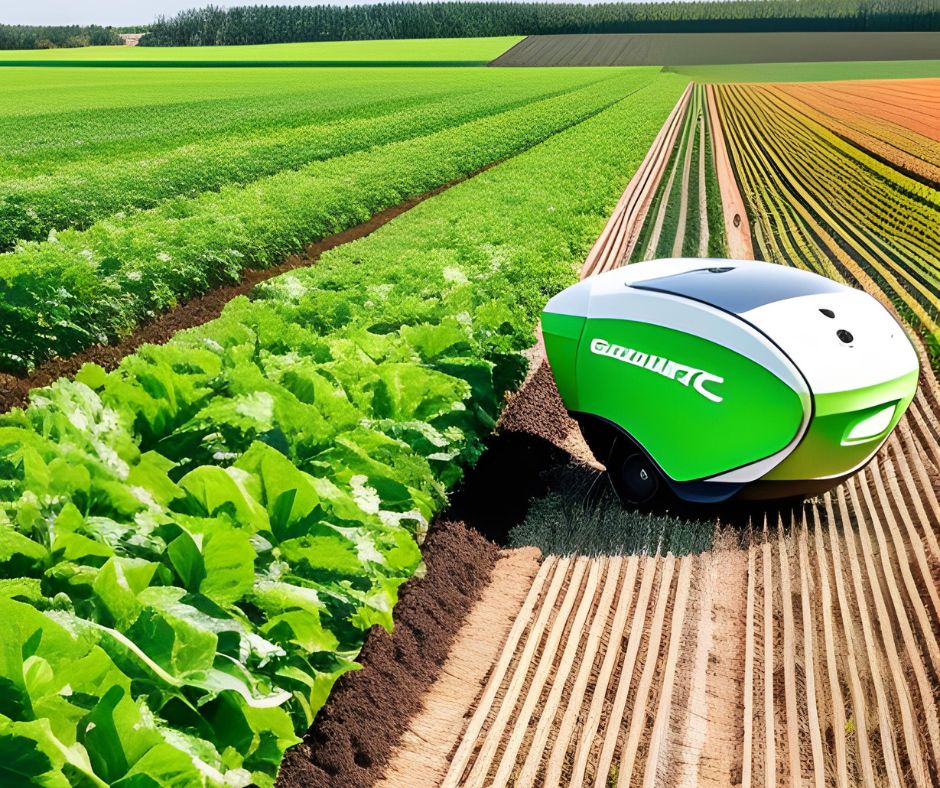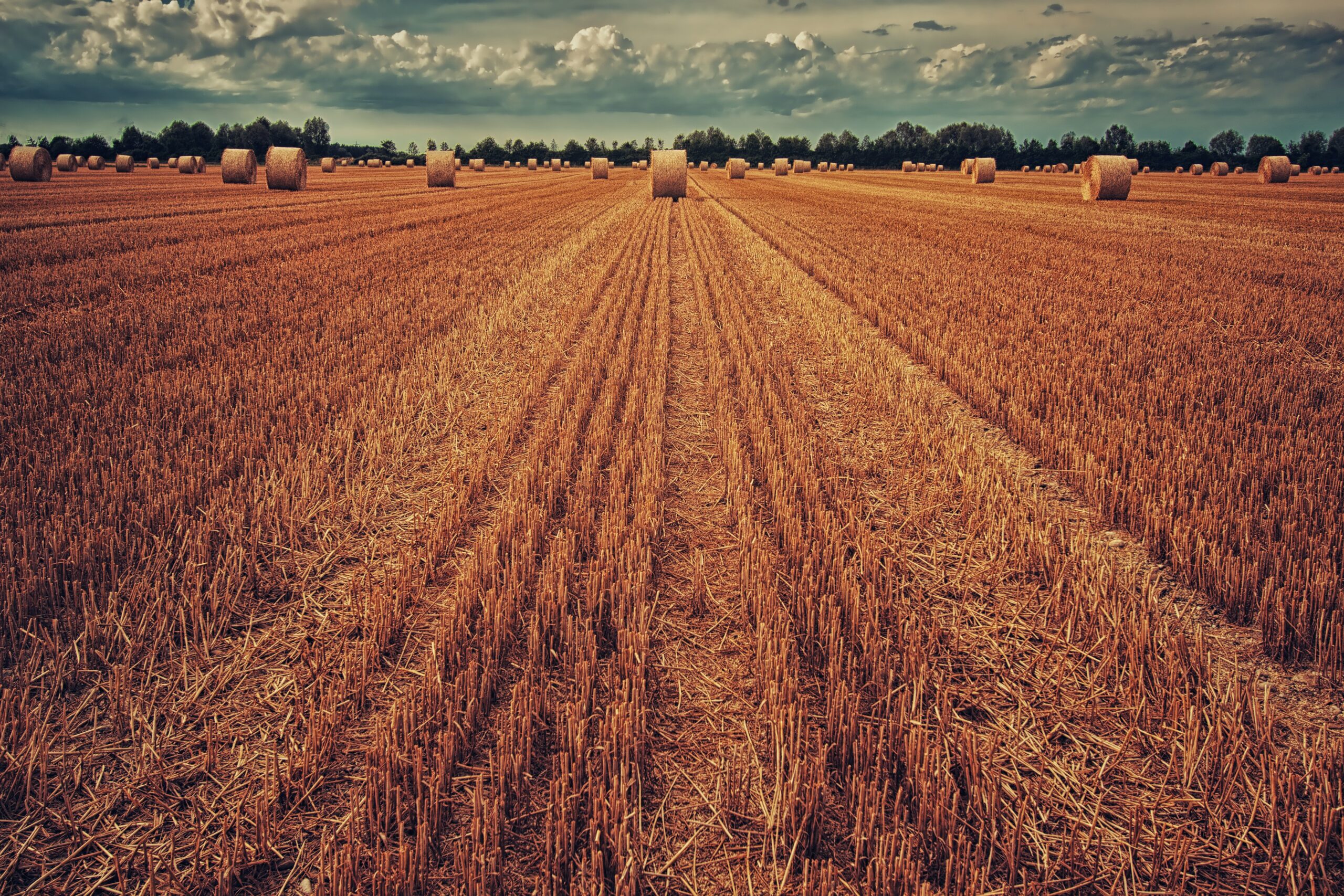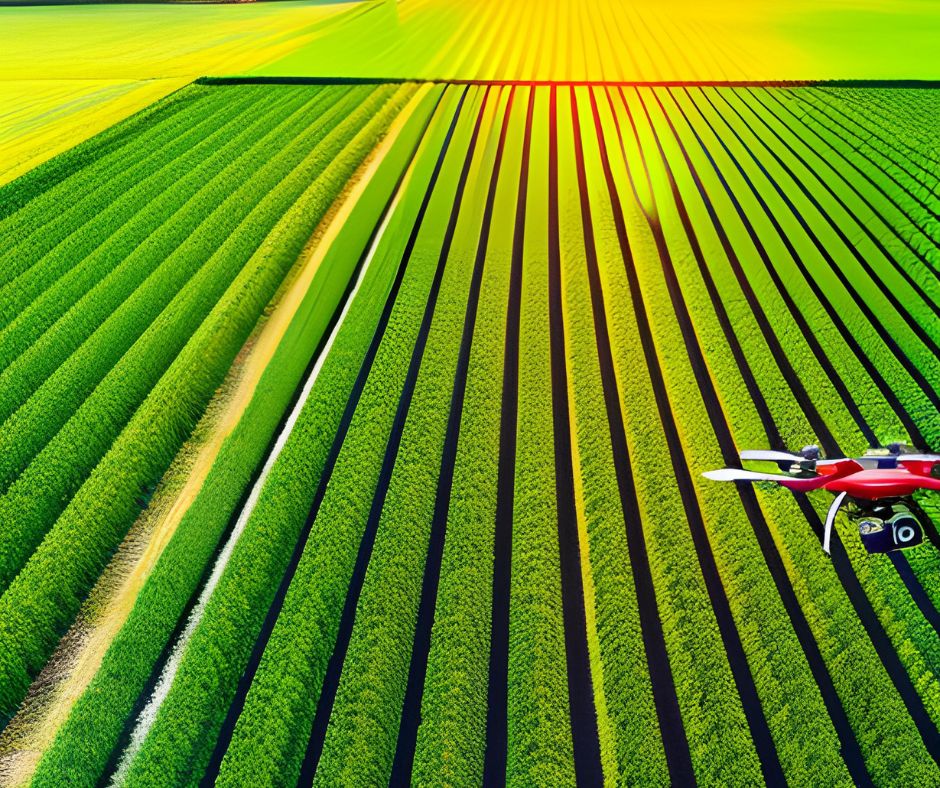The European Union (EU) has given its approval to a €1.5 billion initiative aimed at purchasing agricultural lands from Dutch farmers as a measure to decrease nitrogen emissions.
Under the approved plan, the Dutch government will acquire farmlands as part of its broader strategy to significantly reduce nitrogen emissions, which are primarily generated by livestock farms.
Since October 2019, farmers in the Netherlands have been actively protesting against the set targets for emissions reduction.
Approximately €1.5 billion from the approved fund will be allocated to compensate farmers who willingly close down their farms situated in close proximity to nature reserves. It is estimated that around 3,000 farms will qualify for this compensation.
With a goal of reducing nationwide emissions, particularly nitrogen oxide and ammonia, by 50 percent by 2030, the Dutch ruling coalition is actively pursuing these measures.
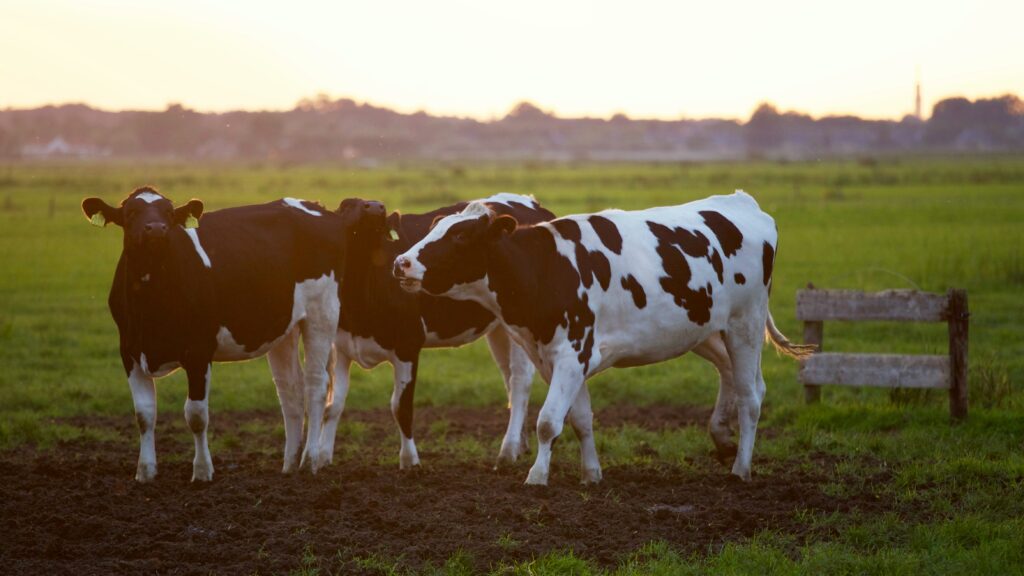
Despite being a relatively small country, the Netherlands holds the distinction of being the second-largest exporter of agricultural goods worldwide in terms of value, just behind the United States.
According to the national statistics office, Dutch agricultural exports reached a significant value of €122.3 billion in the previous year.
However, the intensive farming practices employed in the country have resulted in nitrogen oxide levels that exceed the limits set by EU regulations. These emissions not only contribute to climate change but also pose a threat to biodiversity.
In an effort to reduce nitrogen emissions, government initiatives in recent years have proposed a significant reduction in livestock numbers, causing concerns among some farmers who feared mandatory farm closures to achieve this objective.
However, a newly approved voluntary strategy has been introduced, which involves the purchase and cessation of operations at farms that contribute to large-scale nitrogen emissions.
On Tuesday (2 May), the European Commission provided confirmation that these plans comply with state aid regulations.
Margrethe Vestager, Executive Vice-President responsible for competition policy, stated in an approving statement that “these initiatives will enhance environmental conditions in affected areas and promote a more sustainable and eco-friendly approach to livestock production, ensuring fair competition.”





